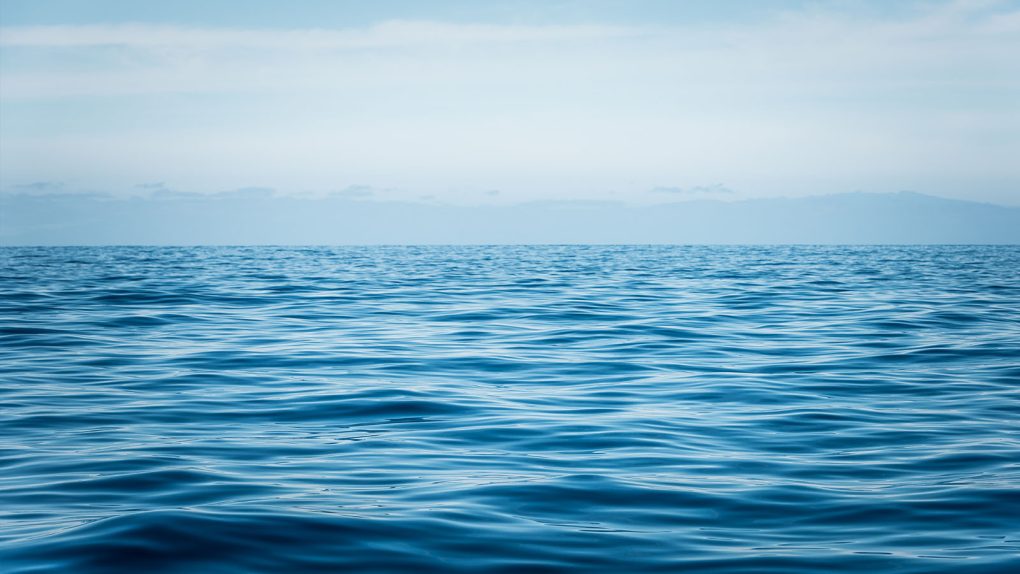- The carcass of a whale washed up off the coast of Everglades National Park in Florida in 2019, and it sparked a mystery that is still ongoing.
- Scientists studying the specimen believe it may actually be an as-of-yet unnamed species that is critically endangered.
- If the whale is indeed a unique species, researchers estimate there are fewer than 100 of the animals in existence.
When a whale washes up dead on a beach it’s always a tragedy. Many whale species are suffering from declining numbers, and despite ongoing conservation efforts, many species remain endangered. But the whale that washed up off the coast of Florida’s Everglades National Park in 2019 might be an even greater loss than usual, as scientists are beginning to suspect that it’s an entirely new species that has yet to be identified.
The whale — which is currently just being called the “Gulf of Mexico Bryde’s whale” — is likely a species of whale that is not yet in the scientific record. That might seem incredible (and it sorta is), but what’s most important about this discovery is that it means there’s a species of whale out there with such an incredibly small population that it has remained unidentified until now.
In a new paper published in Marine Mammal Science, researchers studying the whale remains make it fairly clear that the animal is one of a newly-identified species that has never before been cataloged. The scientists took great care to methodically compare the animal’s skeleton to that of known whale species, and when they got to the skull it became evident that the animal was special.
“Even something as large as a whale can be out there and be really different from all the whales, and we don’t even know it,” NOAA’s Patricia Rosel, lead author of the research, told the Tampa Bay Times. “It really brings to light the urgent need of conserving and protecting these animals in the gulf, and making sure we don’t lose another marine mammal species like we already have.”
Because this whale species was thought to have been an offshoot or at least closely related to Bryde’s whale, and Bryde’s whale is on the endangered species list, this new species (if confirmed, and it likely will be) will also qualify for protection. Considering there are thought to be fewer than 100 of these animals in the ocean, that’s definitely a good thing.
This discovery really is incredible, and for all the reasons that are abundantly obvious. The whales were apparently hiding right under our noses, and researchers had just classified them as a different species because they appeared similar. The death of one of the whales might ultimately help save them in the long run, since now that we know they exist, conservationists may be able to help bolster their numbers.








